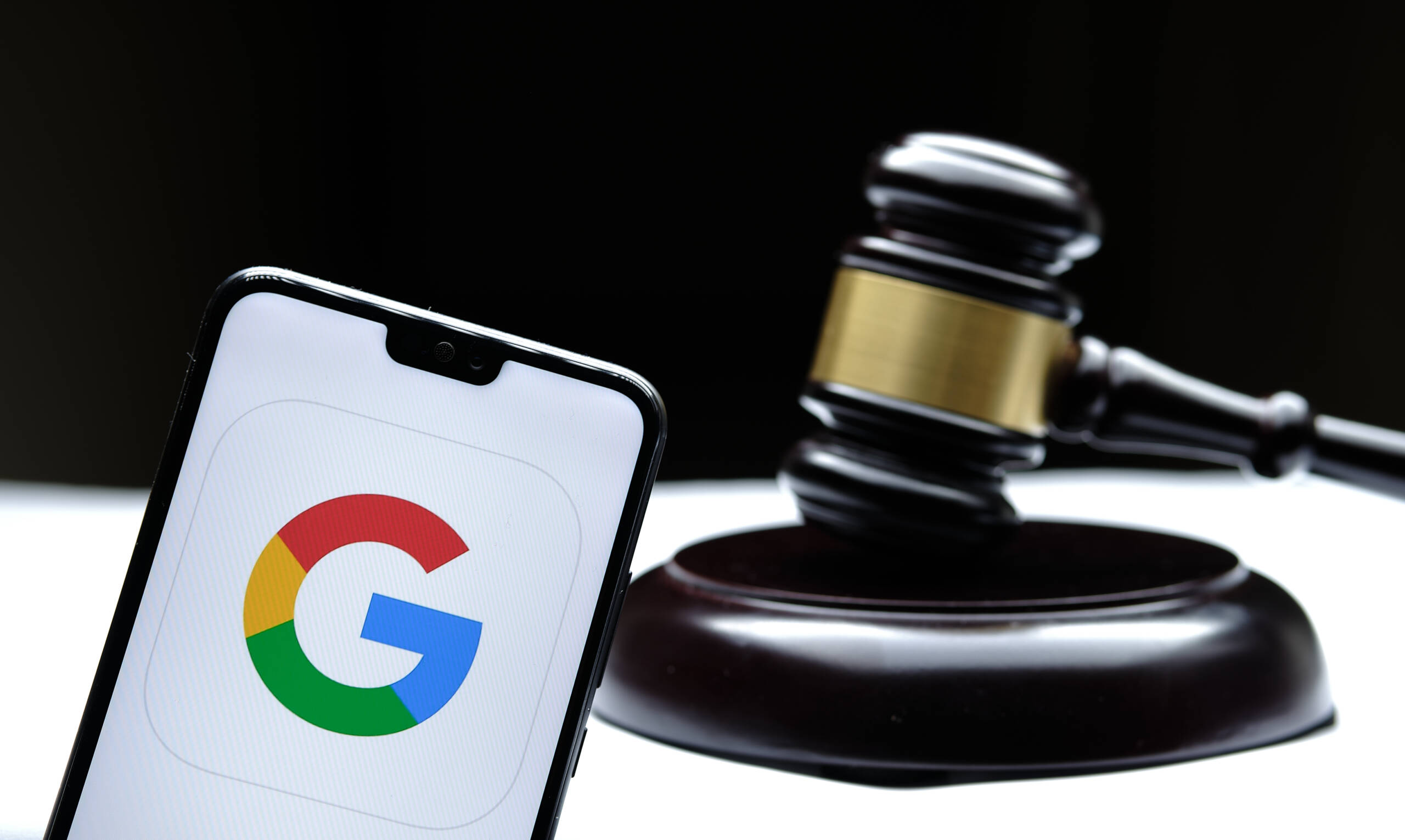Google has updated its privacy policy acknowledging that it scrapes personal and creative data to feed its AI. The lawsuit argues that users should be able to opt-out.
On July 1 tweet, Twitter CEO Elon Musk announced that the platform would be instating a temporary reading limit on users. Twitter users were enraged, but Musk explained the limit was imposed to address “extreme levels data scraping” – a term that describes the automated process of ingesting huge volumes of public data for various purposes, including training AI models.
Verified users were limited to reading 10,000 tweets, while the unverified are limited to 1,000. Newly unverified accounts are limited to just 500. (Initially, these limits were 6000, 600 and 300 respectively).
Read more: Twitter reading limit: a blow to AI surveillance tech or a marketing ploy?
Few people took Musk’s concerns seriously, claiming that the limit was imposed to simply increase the subscriber base of Twitter Blue.
A new lawsuit filed against Google on June 11 reveals that Musk’s concerns are not unfounded.
The filing claims that despite warnings from lawmakers, Google went ahead and “quietly” updated its online privacy policy to infer that “everything on the internet”, including copyrighted material, is fair game to commercialise and capitalise upon.
The policy update, the lawsuit claims, was Google’s “first public acknowledgement” of scraping the data of millions of unknowing citizens in order to feed its “untested and volatile” AI products. “‘Publicly available’ has never meant free to use for any purpose”, the suit states.
Google has a track record of opaqueness when it comes to exactly what data, and how much of it, the firm collects. It’s now widely known that the company collects data from Gmail, Maps and a plethora of other sources to fuel its hyper-targeted ad network – the hallmark of surveillance capitalism.
In the context of Twitter data scraping, the lawsuit points out that researchers have found that aggregated data can be used to identify users with mental health issues. “Naturally, Twitter users did not consent or expect their data to be used in that way,” it stated.
The introductory statement of the lawsuit rather dramatically states that “Google has been secretly stealing everything ever created and shared on the internet”, including “all our personal and professional information, our creative and copywritten works, our photographs, and even our emails—virtually the entirety of our digital footprint—and is using it to build commercial Artificial Intelligence (“AI”) Products like ‘Bard'”.
The lawsuit requested a court order that would require Google to obtain explicit permission from users to have their data scraped to train AI, alongside options to delete existing data or provide “fair compensation” to the owners of the data.
Google could potentially owe upwards of $5 billion in damages.
The lawsuit marks the birth of a new era in privacy legal action, fuelled by the adoption of mainstream AI. Comedian Sarah Silverman recently sued OpenAI and Meta for using her copyrighted work without her permission to train AI, and more cases are likely to follow.
Data scraping: is it something to worry about?
Possibly, if you value a free and uncensored internet. Twitter has always been a highly lucrative platform to scrape data from (until Musk’s restrictions, at least), because profiles were far more public than Meta profiles.
Mike Benz, executive director at the Foundation For Freedom Online, a free speech watchdog, argued that while new viewing limit on Twitter did in one way limit the openness of the internet, it also potentially preserves the openness of the internet by limiting the data ‘publicly available’ to surveillance bodies.
Benz said that “hundreds of censorship operatives, housed within the university research centres, this week howling at the moon that this is an attack on democracy for Musk to limit their access.”
He explained, “If they lose access to the underlying data on which their AI censorship models are built, then they will not be able to do their jobs as effective, fast, precise, and comprehensive as social media censors.”
“Musk has no idea the DARPA rattlesnake he just stepped on by doing this,” he said.
Musk tweeted an approving ‘spot on’ emoji in response to Benz’s theory.

Regardless of Musk’s motives, the rate limit appears to already tackle excessive data scraping. ChatGPT’s web browser extension can no longer access Twitter’s data.
Disclaimer: CryptoPlug does not recommend that any cryptocurrency should be bought, sold, or held by you. Do conduct your own due diligence and consult your financial advisor before making any investment decisions.




